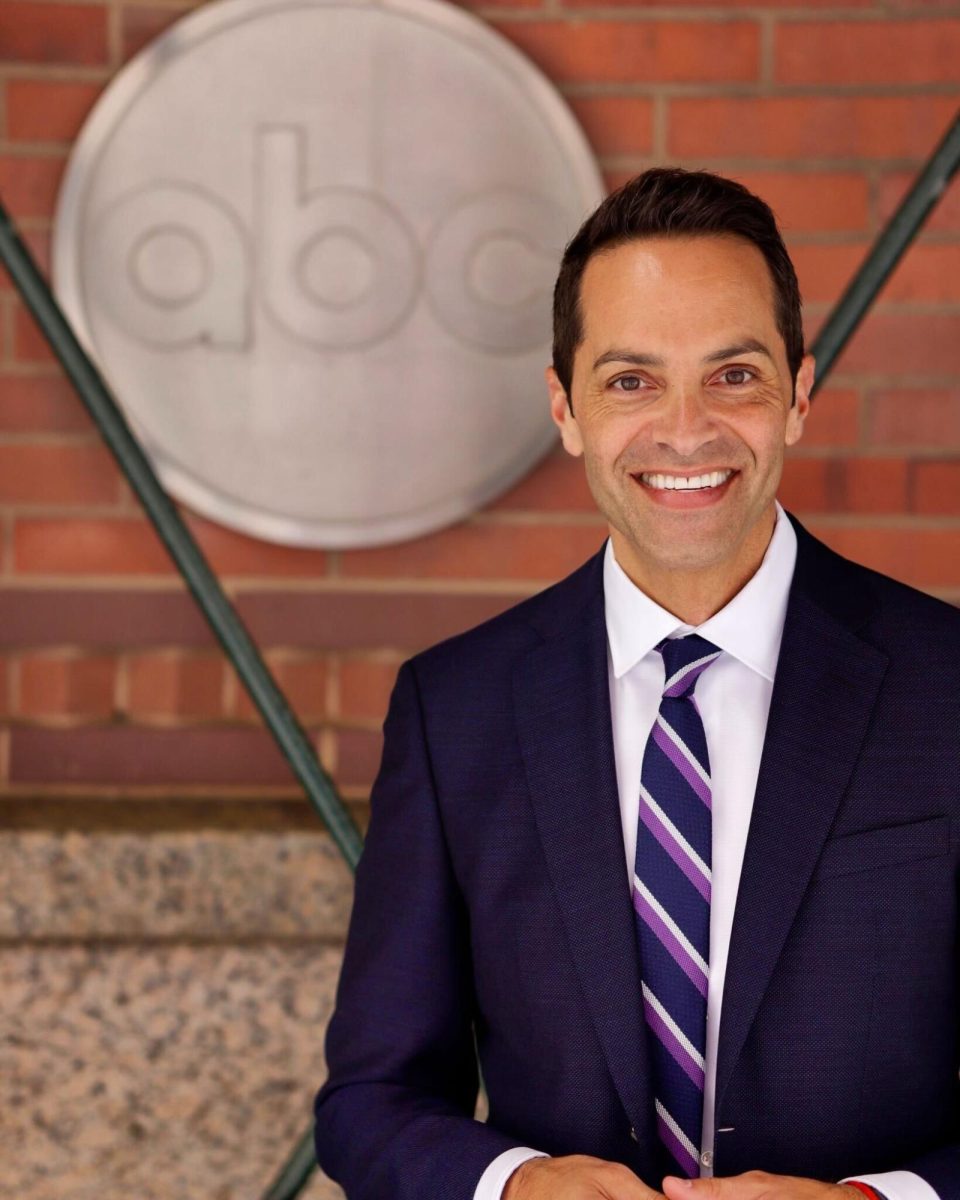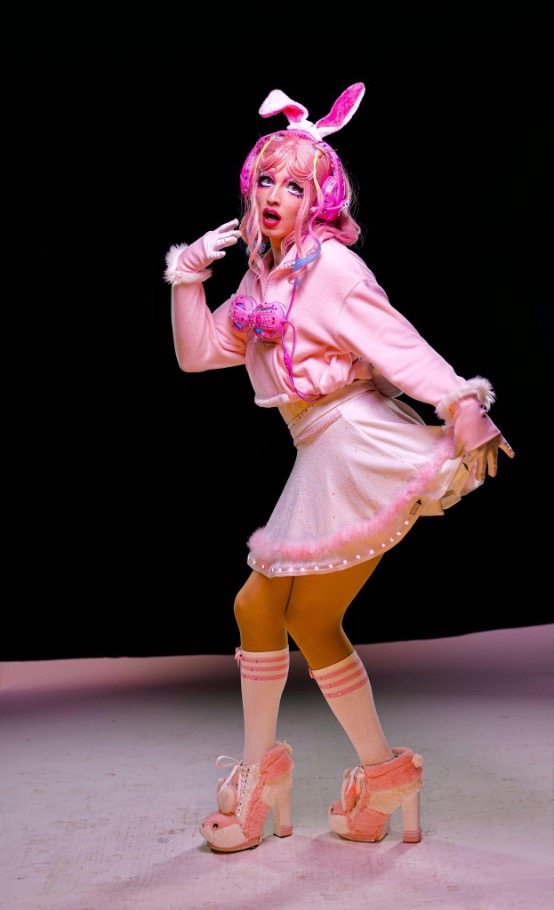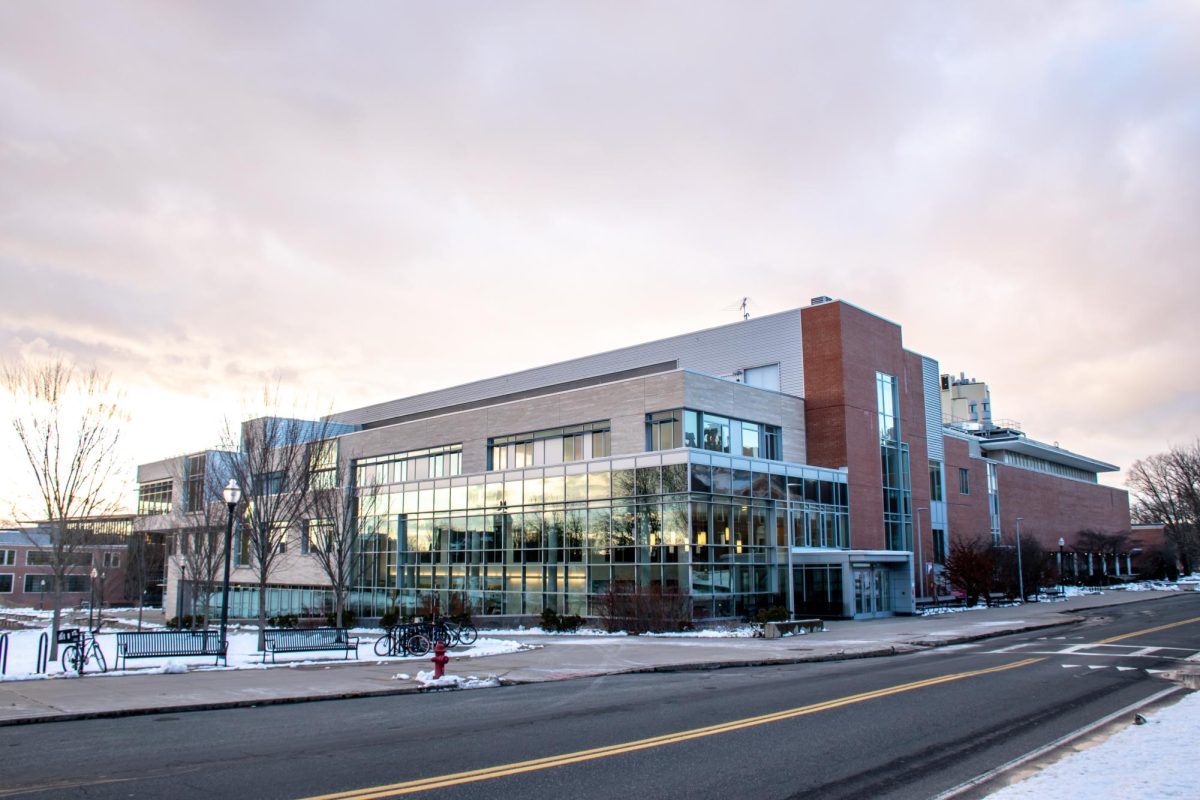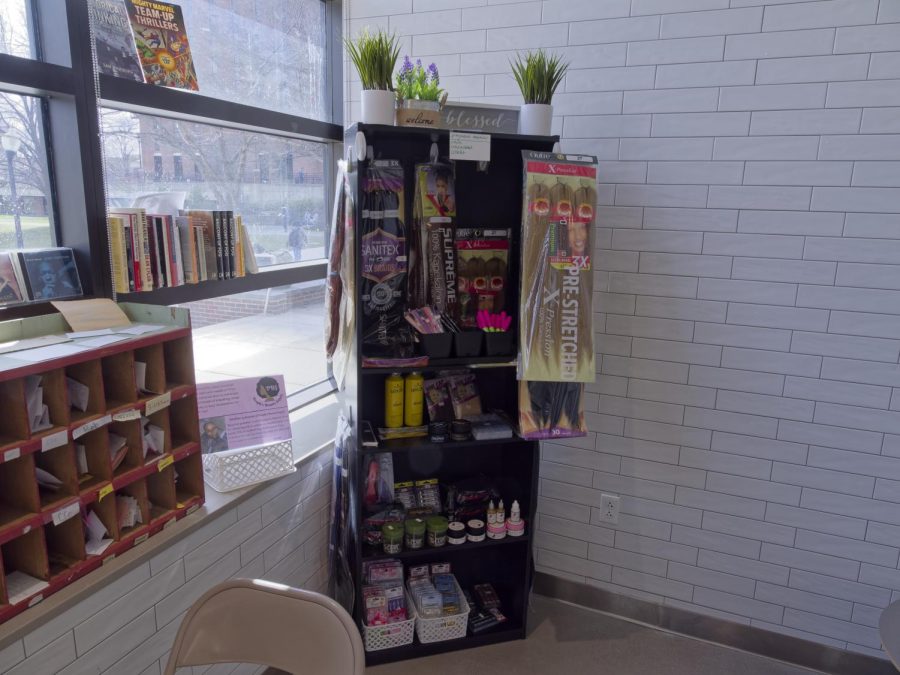For athletics, a sense of support, balance and friendship are different aspects that make up a functioning and unified team. These pieces are important for any athlete, including gay athletes, and to aid this, the University of Massachusetts has recently created a chapter of Athlete Ally on campus.
Athlete Ally is a nonprofit organization that is focused on ending anti-LGBTQ bias in sports. They recruit ambassadors in youth, collegiate, professional and international sports to spread awareness, and work to foster “allyship” in their athletic environments. It is a partner with the MLB, the NFL and the NBA, with professional and international athletes speaking out to support respect and inclusion on sports teams.
Allies include competitive and recreational athletes as well as coaches, parents, teachers, fans and other advocates around the world.
On a college campus, the Athlete Ally Campus Ambassador program gets student athletes from all over the world to challenge homophobia in sports.
According to statistics from Athlete Ally, “approximately 85 percent of youth hear the term ‘gay’ used as a slur on a regular basis, LGBT teens are five times more likely than their straight peers to attempt suicide and LGBT teens make up over 40 percent of the homeless youth across the country.”
UMass Athletics officially sponsors the Athlete Ally on campus, which is student run. Hillary Montague-Asp, a graduate assistant director of the group said one of her main goals is to create a safe space for queer athletes and create a space for education for athletes and those on sports teams.
Her co-director of Athlete Ally, Monica Rochon said, “If anything it’s important to note that this group isn’t just to include LGBTQ student athletes but it’s for them. My hope in the future is that queer students of color feel comfortable joining and are the ones who sustain this group because their perspective across race, gender and sexuality will then be brought to the forefront of the conversation.”
Because Sunday night was only the second meeting for the group, there were only five people present at the meeting, who found out about the meeting because of Facebook and word of mouth.
Nick Andrade, a sophomore on the triathlon team, brought up the benefits of the group becoming a Residential Student Organization, but also mentioned some of the difficulties.
He noted that in order for the organization to become an official RSO, there would be several steps to go through, including a minimum of 10 members and a constitution for the club. Andrade said having Athlete Ally becoming an RSO would be a good thing because they “have a community here.”
Some of the difficulties that were mentioned included making sure Athlete Ally would continue running after the original members graduated and funding. However, if Athlete Ally becomes an official RSO, it could present at the activities expo and receive funding from SGA.
The meeting also had the athletes share different stories about why being an athlete is important to them, their experiences as an LGBTQ student athlete, where they got their support from and why allyship is important.
Nate Abraham, a junior who runs track and field, said “being an athlete has taught me hard work,” while also being a stress reliever. He talked about having teammates and friends who were supportive and that “people will say things, but you have to push it back.”
Peter Farlow, another junior who runs track and field, said his challenges were “relatively small,” but remembered that people would categorize different actions into different boxes in terms of labeling a person as gay or straight. Farlow also noticed that language is one of the biggest obstacles, and has heard several terms simply being thrown around.
Andrade loved the sense of community, but never felt totally accepted, and is trying to change that feeling with Athlete Ally.
For Maggie Curran, a sophomore on the rowing team, being an athlete “centers (her) life,” and is an outlet for stress and is a source of pride. Her experience at UMass as an LGBTQ student has been positive because of how many more opportunities there are here than at her high school.
Her teammate, Molly McCabe, a freshman, said the reason for her support of an allyship is because “everybody deserves to feel like a full human being.”
UMass football player, Ed Saint-Vil a red-shirt junior, talked about his team and its connection the Athlete Ally.
“As of now, many of my teammates are not judgmental toward individuals and their sexual orientation,” he said.
Saint-Vil said his coach respects the athletes for who they are, regardless of their sexual orientation.
“I am glad that our campus is taking greater steps toward building tolerance and ending homophobia.” Saint-Vil said. “I hope that all individuals and athletes can feel safe being themselves and will not have to worry about their safety and acceptance if they choose to let people know about their sexual orientation.”
The third meeting for Athlete Ally will be held on Sunday, March 23 at 7 p.m. in Elm 210.
Catherine Ferris can be reached at [email protected].


















